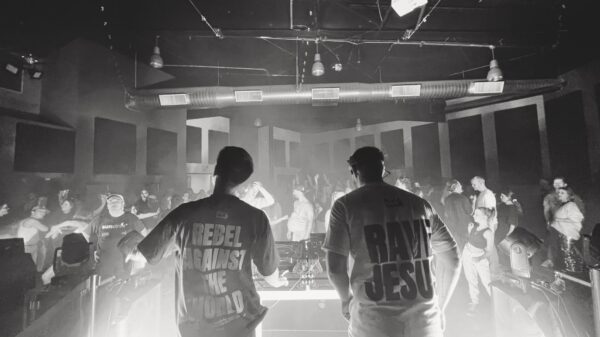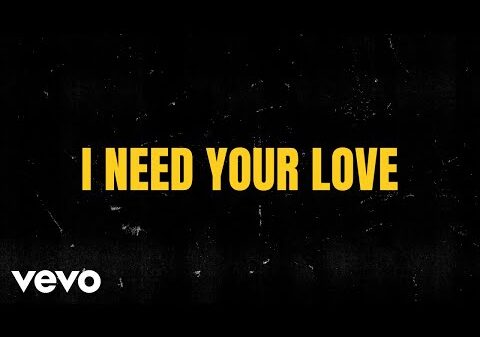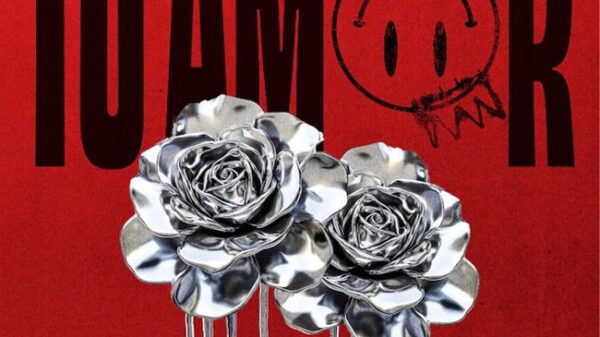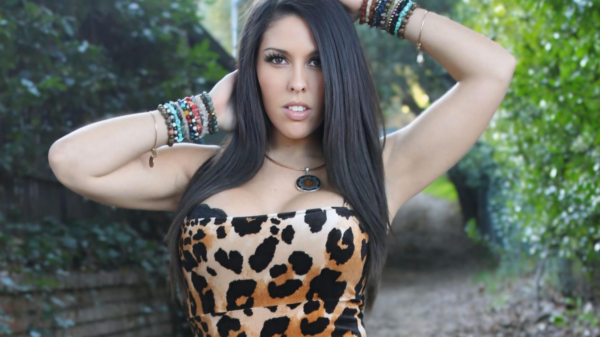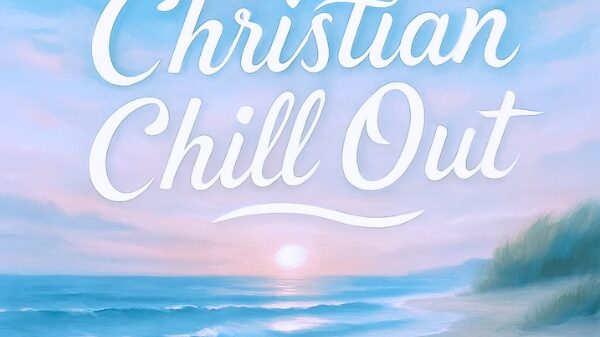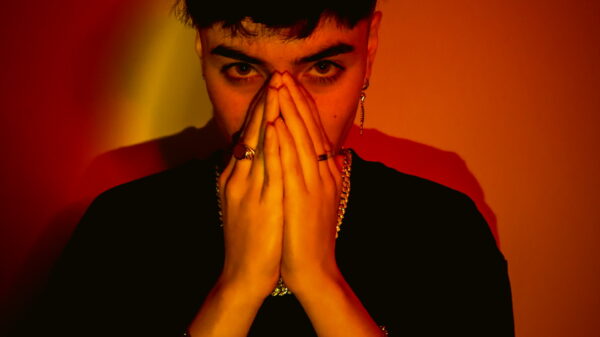Youtube is sort of a weird piece of the monster side of the music industry that is streaming. The video distributor hosts billions of videos and many of those are actually just music or music videos. Youtube has been called into question by many artists about their extremely low rate of return for payment per stream to artists. We are talking .0005 of a cent per stream. If you had one billion streams on a video? That is about $5000. Obviously other revenue is available through ads and such, but on a base level…they shell out the least amount of money per stream of any streaming service. Yeah even Tidal which we are pretty sure only Jay-Z uses still pays more.
Google Defends It's Subsidiary
Google bought Youtube several year's back for a few billion. At the time the deal was laughed at by some but lauded as a major win in the tech industry for the internet giant. It panned out to be a great investment. Now Google has heard criticisms of Youtube from the music industry (which we echoed in the first paragraph) and launched an independent study. Here are the highlights of what they published in terms of findings.
“in the absence of YouTube, time spent listening to pirated content would increase by 29%, suggesting that people are going to YouTube instead of pirating music.”
“blocking music from YouTube does not lead to an increase in streams on other platforms.”
“in the absence of YouTube, most time spent listening to music on YouTube would be lost or shifted to lower value music channels.”
Hiding Behind An Outdated Legal Ruling

Back in the early days of the internet congress literally had no idea how to make rules around it. Specifically about hosting content. The first issue was around obscenity. Could internet providers be held responsible for hosting horrific content? The SCOTUS said no, and explained it's decision as internet providers do not make or own content, they merely host it. This then evolved into a similar stance for copyright issues on the web.
Viacom vs. Youtube was a court case which first took a look at copyright infringement issues for content distributors on the web. The case eventually went to the appellate court of the southern district of New York who ruled in favor of Youtube, with a dissent that would become known as the ‘safe harbor provision'.
This provision stated that as long as Youtube took down content that was flagged as copyrighted then it could continue to exist and provide content. That is where the issue lies, Youtube is such a massive expanse of videos, it is impossible to police it all. Well at least it was when the ruling occurred. Now new software exists. So many copyright violations fall through the cracks and money that should be going to artists goes to little Jimmy's “That Sound That Makes You Hard” channel.
Youtube is outdated, and is continually keeping money away from artists who deserve it the most. So sorry Google, while your findings sound good. They ignore the fact that your subsidiary is hiding behind an outdated legal dissent.
Sources:
DJMag
Official Docket of Youtube vs. Viacom
Also Check Out: YouTube Royalty Calculator

